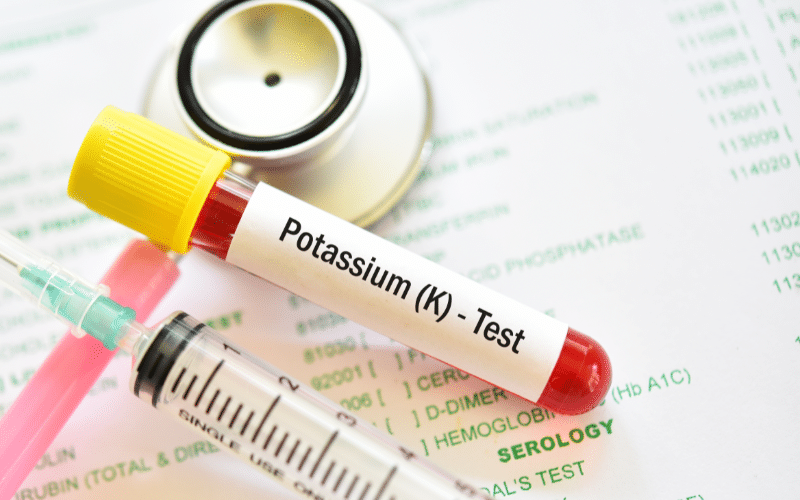Navigating Hypokalemia: A Deep Dive into the Top 13 Causes of Low Potassium
Potassium is an essential mineral that plays a crucial role in maintaining the proper functioning of our body, including muscle contractions, nerve impulses, and fluid balance. When potassium levels drop too low, a condition called hypokalemia arises, leading to a variety of unpleasant symptoms like weakness, fatigue, and muscle cramps. Unfortunately, many people are unaware of the factors that contribute to low potassium levels and may unknowingly put their health at risk.

In this comprehensive guide, we will explore the top 13 causes of low potassium and provide valuable insights into maintaining optimal potassium levels for a healthier you. Understanding these causes can help you make better lifestyle choices and seek appropriate medical intervention when necessary. Furthermore, we’ll also touch upon the importance of potassium in our daily lives, debunk some common myths, and shed light on how you can effectively manage your potassium levels.
Armed with this knowledge, you’ll be better equipped to navigate the complexities of hypokalemia and take control of your health. So, let’s dive right in and unravel the mystery of low potassium levels, the hidden dangers they pose, and the practical steps you can take to keep your potassium levels in check.
1. Diuretic Medications: A Double-Edged Sword
Diuretic medications, commonly prescribed for high blood pressure and heart conditions, help eliminate excess fluid from the body. While they can be effective in managing these conditions, they often come with a drawback: potassium loss. Most diuretics, such as loop and thiazide diuretics, increase the amount of urine produced by the kidneys, leading to the excretion of both water and electrolytes, including potassium. Over time, this potassium loss can result in hypokalemia. (1)
If you’re taking diuretics and concerned about low potassium levels, it’s essential to discuss your concerns with your healthcare provider. They may suggest a potassium-sparing diuretic or recommend potassium supplements to maintain optimal levels. Regular blood tests to monitor your potassium levels can also help detect and prevent hypokalemia early.